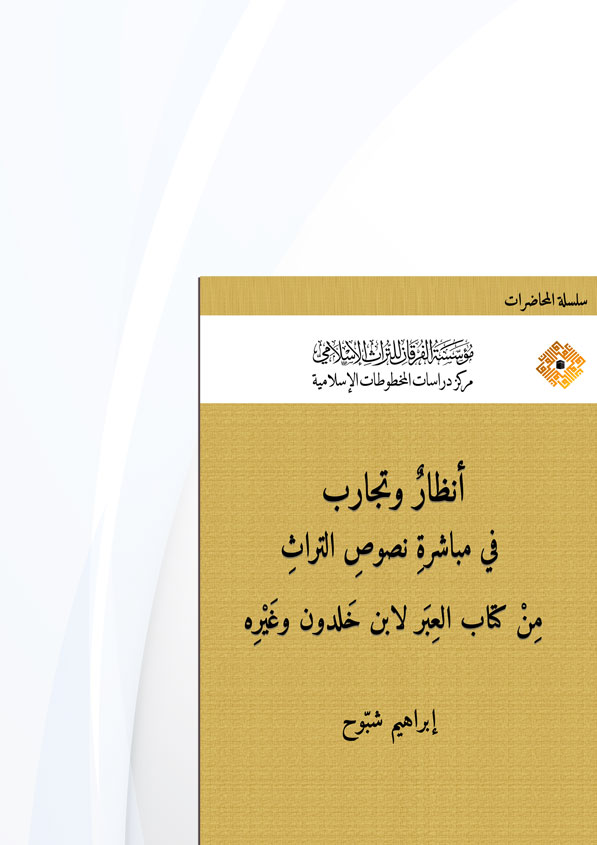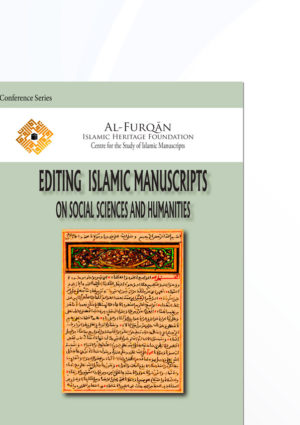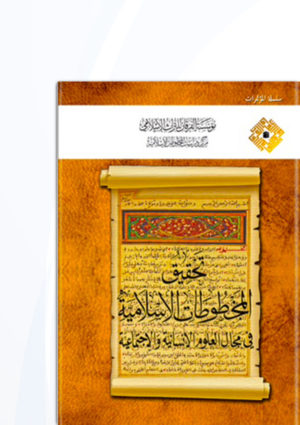Summary
In this book, the reader will find how the historical events and the challenging trials experienced by Ibn Khaldūn profoundly influenced the authoring of his major work, Kitāb al-‘Ibar. In fact, three major phases marked the inception, formation and maturity of Ibn Khaldūn’s life and work, namely the Tunisian phase, the Maghrebi and Andalusian phase, as well as the Egyptian, Hijazi, and Levantine phase. The book provides perspective on each of these phases in relation to the stages of authoring al-‘Ibar and its principal subject matter, with proper evidencing, verification, and brevity, in its plan, conception, and authorship. The book demonstrates how the entire map of the Muslim world was laid out in front of Ibn Khaldūn, who proceeded to describe its conditions in great depth and derived new and important conclusions in the classification of Islamic history within a novel, comprehensive framework.
In addition, the reader is presented with rich, specialised content on critical editing and text treatment, in relation to language, interpretation, and reading. Furthermore, the book’s conclusion summarises the principal steps involved in the making of a critical edition, covering all the activities required of the qualified, competent editor, with the objective of reproducing the original author’s final copy, both correctly written and presented.





Reviews
There are no reviews yet.